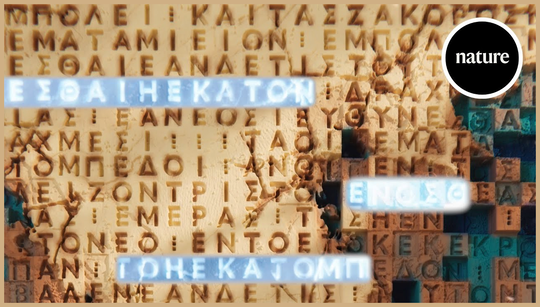AI Translates Ancient Texts
With the rise of ChatGPT and similar technologies, AI has become a household name. Its ability to learn, reason, and infer meaning makes it an invaluable tool for translating ancient or dead languages. A team of archaeologists and computer scientists has harnessed this power by creating an AI program specifically designed for translating tablets with Akkadian texts, which are written in cuneiform script and date back to 2,500 BCE.
Akkadian was once spoken in parts of Mesopotamia, now known as modern Iraq. The researchers claim that their AI program achieves an impressive 97% accuracy in translating Akkadian cuneiform script to Latin.
Co-author and Oxford University archaeology professor, John A. Russell, explains, "We're aiming to make these ancient texts accessible to people." Due to the limited number of experts in Akkadian texts, the majority of the hundreds of thousands of clay tablets remain untranslated.
In a paper published in PNAS Nexus (via Heritage Daily), the researchers detail how their AI program matches potential words from the Akkadian text to possible meanings in the Latin script. The program was trained using a dataset of 11,000 Akkadian sentences and their corresponding Latin translations.
Russell adds, "The system performs exceptionally well with formal texts like royal decrees or those written by scholars. However, when it comes to literary texts, it occasionally produces what we call 'hallucinations'—adding elements that aren't present in the original text." The team hopes to improve the AI's ability to translate literary texts, which would open up a new world of literature to scholars.
While the AI has its limitations, its success thus far offers new hope in the field of language translation. It's conceivable that AI could eventually translate other lost languages, expanding our knowledge of the ancient world and its diverse languages.
Nevertheless, there is still much progress to be made. Even comprehending English poses a challenge for AI, and mastering the nuances of language will likely take years to achieve. Simple tasks like ordering a burger at Wendy's may sound straightforward to us, but for an AI, they can be riddled with complexity—from background music to specific cheese or bun preferences.
The potential for AI to translate animal languages is also an intriguing possibility, although my cat's language seems to revolve solely around food (just like mine!). As our understanding of language deepens, so too does our comprehension of the world we inhabit. Staying informed is crucial in the ever-changing landscape of technology.















